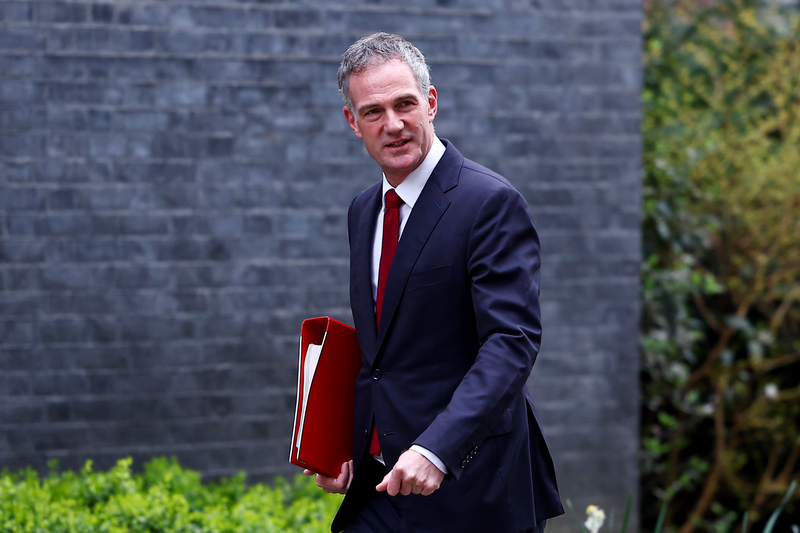The UK’s newly established AI Energy Council has called for promoting and investing in sources of renewable and sustainable energy to power the government’s AI-adoption and digital-transformation agenda.
The Council held its first ever meeting at Westminster on Tuesday, April 8, which was co-chaired by Secretary of State for Science, Innovation, and Technology Peter Kyle and Secretary of State for Energy Security and Net Zero Ed Miliband.
According to a government press release, the meeting “centred on how the UK can drive forward its AI and power goals – supporting the growth, jobs and opportunities which are central to the government’s Plan for Change.
The Council is part of the UK government’s broader AI Opportunities Action Plan which was announced in January this year, and aimed at enabling the UK to become a global AI leader.
Kyle told the meeting, which was also attended by representatives of AI and technology sectors, the government had received “over 200 applications from local areas putting themselves forward to become AI Growth Zones.”
Participants also discussed and agreed upon five areas which the Council will focus on over the next year. These include:
- “Ensuring the UK’s energy system is ready to support the country’s AI and compute infrastructure.
- “Promoting sustainability and the use of renewable energy solutions’
- “Placing a strong focus on promoting the safe and secure adoption of AI across the energy system.
- “Advising on how AI can be adopted to support the transition to net zero.
- “Unlocking opportunities to make the grid more flexible.”
The Council is expected to meet on a quarterly basis and discuss developments on the AI Action Plan, with financial regulators and energy and technology sector representatives providing external insights.
Energy for AI revolution
Through the AI Opportunities Action Plan launched earlier this year, the UK government said it wants to make sure that:
- “AI drives the economic growth on which the prosperity of our people and the performance of our public services depend.
- A”I directly benefits working people by improving health care and education and how citizens interact with their government.
- “The increasing of prevalence of AI in people’s working lives opens up new opportunities rather than just threatens traditional patterns of work.”
The government also wants to invest in the foundations of AI, push hard on cross economy AI-adoption, and position the UK to be an AI-maker, not an AI-taker.
And within that broader strategy, the role of the Council is to bring in expert insights on how the UK can meet its AI energy needs in the future, with a special focus on renewable and sustainable energy.
A separate government press release also confirmed that firms such as NESO, EDF, Scottish Power, Ofgem, National Grid, Microsoft, ARM, Google and Amazon attended Tuesday’s meeting at Westminster.
Kyle said: “The work of the AI Energy Council will ensure we aren’t just powering our AI needs to deliver new waves of opportunity in all parts of the country, but can do so in a way which is responsible and sustainable.”
Miliband said: “We are making the UK a clean energy superpower, building the homegrown energy this country needs to protect consumers and businesses, and drive economic growth, as part of our Plan for Change.”















